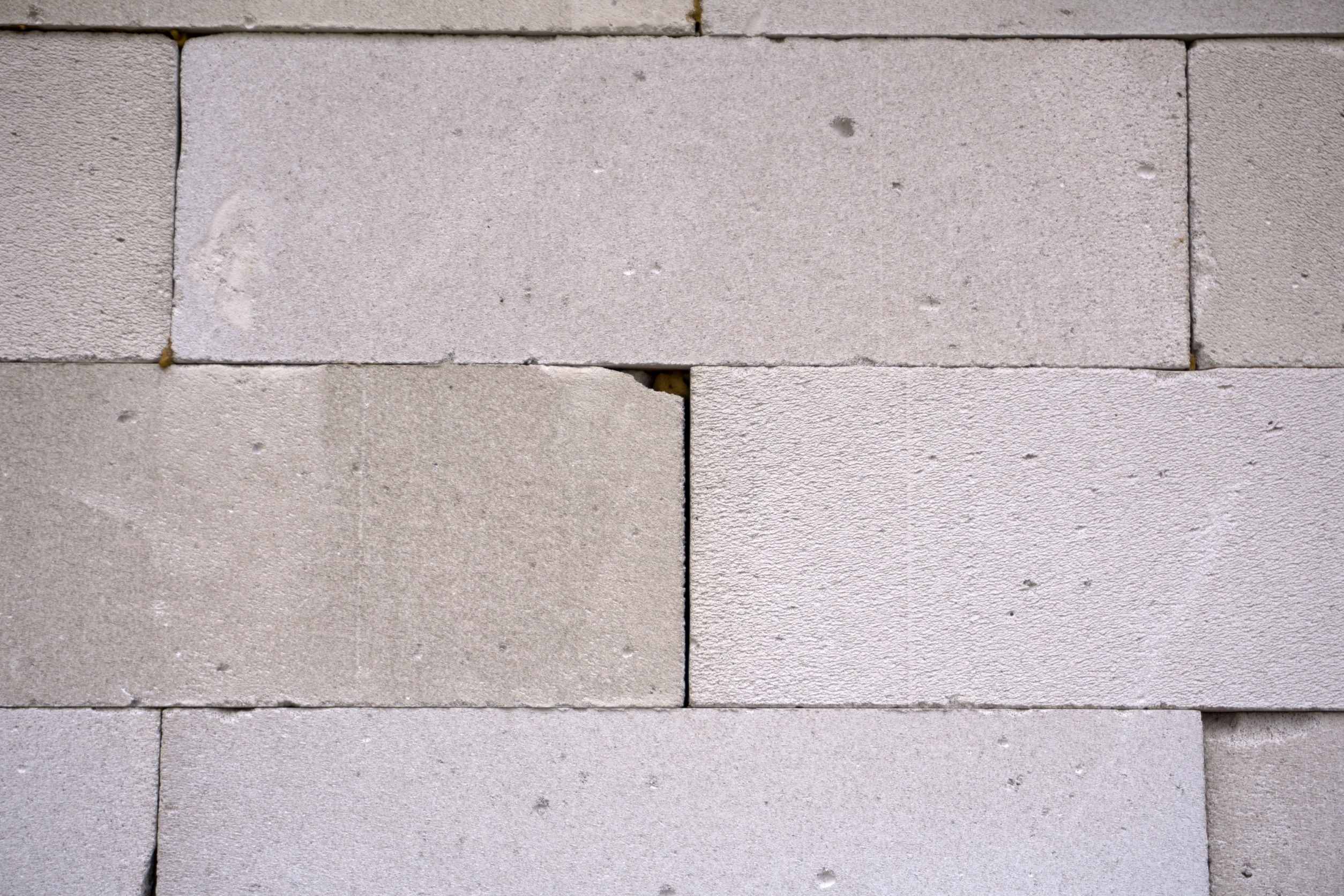There are hundreds of millions of tons of plastic waste in the environment all over the globe, threatening both human health and natural ecosystems. What if we could take this problem and use it to solve another one? That’s the line of thinking behind a new ambitious project aiming to build affordable housing in Sub-Saharan Africa.
The venture is the fruit of a joint effort between architect Julien de Smedt and Norwegian startup Othalo, which has developed a patented technology that can create a range of modular houses from 100 percent recycled plastic.
As part of the project, the two companies are also in partnership with UN-Habitat, the United Nations program for human settlements and sustainable urban development. The initial focus of this venture will be to construct affordable housing, particularly in Sub-Saharan Africa where millions of people live in slums as a result of rapid urbanization.
Each house’s main structure and walls will be made from recycled plastic, with a single 60-square-meters Othalo home upcycling as much as eight tons of plastic waste. According to Othalo, with the current amount of plastic waste polluting our planet, over one billion such low-cost houses can be produced.
“The patent contains a loadbearing structure and a supportive and insulating structure,” Othalo founder Frank Cato Lahti told Dezeen. “Both of these two structures can be made of 100 percent recycled plastics.”
For the project, the aim is to use plastic collected from near the building sites. “We believe this is one of the ways to deal with a shortage of building materials in these areas of the world where there is an urgent need for housing,” said De Smedt, who designed the modular elements.
What’s more, the team plans to co-create the living conditions in direct partnership with local communities to complement each design with additional elements and allow for regional adaptation.
Othalo expects to start mass-producing the housing units in early 2022 and believes that the system will eventually put millions of tons of plastic waste to good use. In addition to producing affordable houses, the company also plans to build refugee centers, temperature-controlled mobile cold storage units for food and medicines, as well as schools and hospitals.












